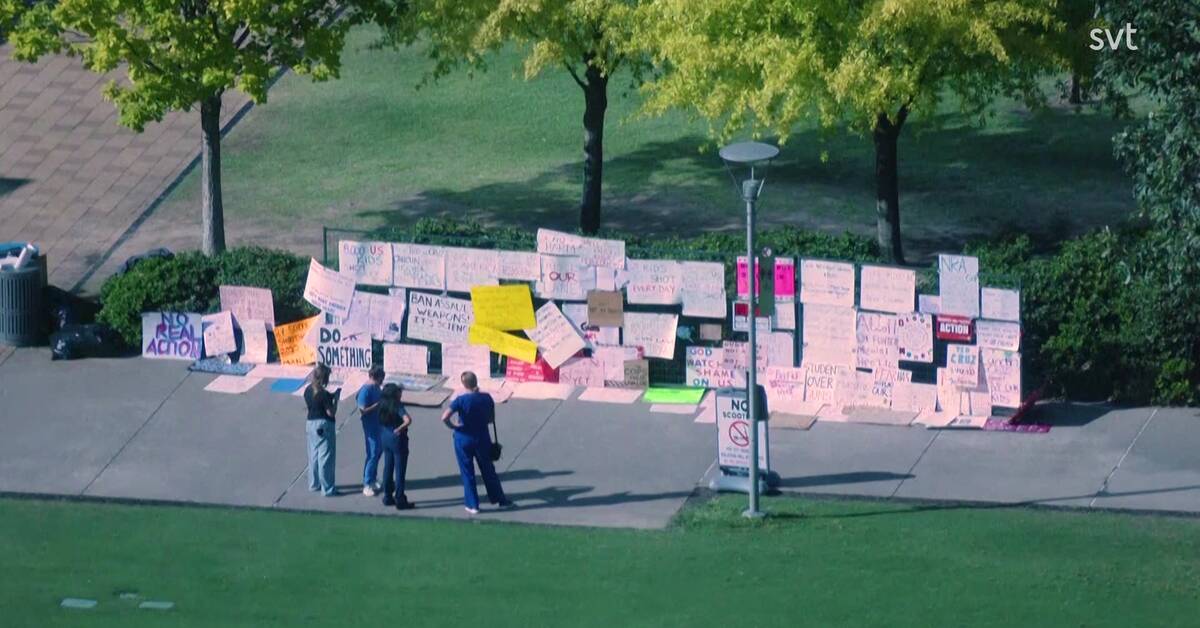UK
The debate over Britain's gun laws flared up after the school massacre in the Scottish city of Dunblane in 1996 when Thomas Hamilton opened fire inside a primary school.
Hamilton killed 16 children and a teacher before taking his own life.
At the time of the Dunblane massacre, there were no specific regulations on firearms in Britain.
But under pressure from grieving families and the general public, the British government introduced a law amendment in 1997 banning civilians from possessing firearms of larger caliber.
In addition, the government initiated a weapons repurchase program, which led to 20,000 weapons being taken out of circulation.
Norway
After detonating a bomb in Oslo's government quarters and killing eight people, Anders Behring Breivik went to the island of Utöya, the site of the Norwegian Social Democrats' political youth camp.
Wearing a police uniform and armed with a semi-automatic rifle and a pistol, he shot dead 69 people, most of them young people.
Even before the terrorist attack on July 22, 2011, Norway's weapons laws were considered to be relatively strict.
Norwegian gun owners had to obtain a license, be over 18 years of age and state a "valid reason" to be allowed to possess a weapon.
Breivik acquired his weapons legally, partly through his hunting license and partly through his membership in a gun club.
Despite the fact that an independent commission proposed a ban on semi-automatic rifles already a year after the attack, it was delayed until 2018 before the Norwegian parliament passed it, and presented a bill that further tightened the country's weapons legislation.
New Zealand
On April 2, 2019, the parliament in New Zealand voted through a tightening of the country's weapons legislation.
Just over two weeks earlier, on March 15, an armed man, Brenton Tarrant from Australia, entered the al Noor Mosque in central Christchurch and opened fire.
A second shooting took place in the Linwood Mosque.
A total of 50 people were killed.
"In short, any semi-automatic weapon used in the Christchurch terrorist attack will be banned in this country," said Jacinda Arden, New Zealand's Prime Minister after the act.
The legislation prohibits most military semi-automatic rifles and means that anyone who holds one without a permit risks two to five years in prison.
The New Zealand state also announced a temporary amnesty and offered to buy back the now-banned weapons from the public.
In June 2020, the country further tightened its weapons laws and introduced, among other things, a register to track the purchase and sale of weapons.
Finland
After the bloody school shootings in Finland in 2007 and 2008 where a total of 20 people were killed, the country tightened its gun legislation in 2009. The change in the law meant, among other things, that the age limit for owning a gun was raised to 20 years for small arms and 18 years - from 15 years - for hunting weapons.
In addition, demands were made that the mental health of those applying for a firearms license should be tested much harder.

